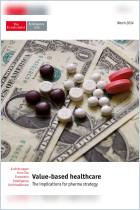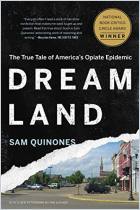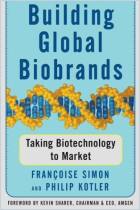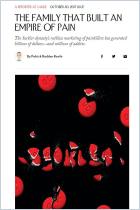
Read or listen offline
Amazon KindleRecommendation
Dr. Jie Jack Li offers a fascinating study of the processes and personalities behind “blockbuster drug” – medications with annual sales of more than $1 billion, such as Prilosec, Oxycontin, Claritin and Heparin. He opens with the industry’s eight-year hunt for the first blockbuster – the 1986 ulcer treatment Tagamet – and traces the development of best-selling allergy drugs, blood thinners, acid-blockers and painkillers. Though Li sketches marketing strategies and provides cost and revenue data, his detailed, well-researched account is not aimed at the general business reader. He focuses on science, on the research efforts that produce such drugs and on each drug’s chemical “mechanism of action.” The science-shy or those people who are not up on pharmaceutical jargon may struggle to penetrate the terminology. However, getAbsract recommends this history of the “golden era of drug development” to executives with science backgrounds, as well as to industrial pharmacologists and chemists. Li’s insights will also interest investors and entrepreneurs involved with or curious about the profit-and-loss cycles and scientific dynamics of big pharma.
Summary
About the Author
Dr. Jie Jack Li teaches organic chemistry and the history of drug discovery at the University of San Francisco. He also wrote Laughing Gas, Viagra, and Lipitor: The Human Stories Behind the Drugs We Use; Triumph of the Heart: The Story of Statins; and Drug Discovery: Practices, Processes and Perspectives with E.J. Corey.














Comment on this summary or Diskussion beginnen